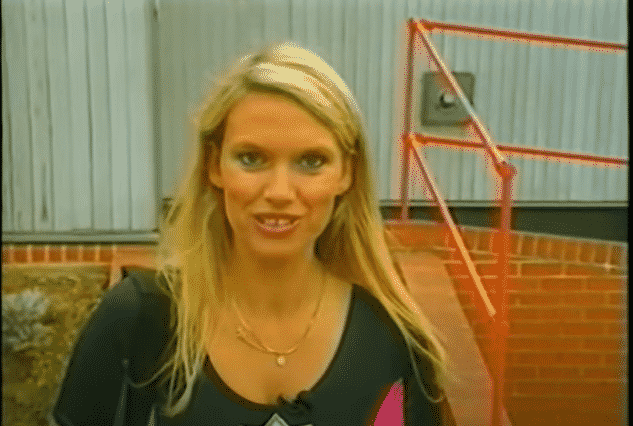The Power of the Specific
“On the evening of Feb 21, 2022, three days before Russian forces began the largest land invasion on the European Continent since World War II, Russian President Vladimir Putin gave an angry televised speech.”
So starts an eight-page essay in Foreign Affairs, a specialist American journal of international relations and US foreign policy. The essay is titled: Putin’s War on History: The Thousand Year Struggle over Ukraine. (Sorry, behind a paywall.) The writer, Anna Reid, is a seasoned journalist and author and she chooses to start her long academic piece, with something very specific the date and time of an angry speech, helping her readers to tune into her main thesis.
It is a well-known way to start a feature or a think-piece and it works brilliantly. As a reader it is easier to connect initially with a specific, rather than to a large conceptual big picture, which in this case covers a thousand year history of relationships between peoples we now call Ukrainian and Russian.
From the same edition of the same journal, there is a piece about military innovation and AI. (Also behind a paywall.) It starts:
‘Gunpowder. The combustion engine. The airplane. These are just some of the technologies that have forever changed the face of warfare.’
Different essay, and a different style of specific, but still specific. The piece starts with three specific examples of ‘technologies’ without claiming them as an exhaustive list. As the reader, I immediately understand that we are talking about a step change in military advance.
And here is a completely different example.
On BBC Radio Four’s Today on Monday morning, Anneka Rice was interviewed about Channel Five’s revival of the TV show ‘Challenge Anneka’. As a professional communicator, Anneka was quick to shoehorn into her interview the example of a Romanian Orphanage she and her team helped 30 years ago, and updated that story for today. She later referenced a very specific Zoom call during lockdown, when she couldn’t make the technology work, but which led ultimately to the decision to revive ‘Challenge Anneka’. She did these things because – as a professional communicator – she understands the power of the specific to entertain and to make something memorable.

Anneka Rice
Song writers use this trick too: Ed Sheeran sings in Shape of You, ‘Put Van the Man on the jukebox’ … a very specific reference to Van Morrison. And for those of us of a certain age Bobby Goldsboro creates a whole teenage summer vibe with the words
“It was a hot afternoon, on the last day of June and the sun was a demon….”
Imagine you are a ‘transformation consultant’: Obviously most of us in business know that you are helping companies to modernise in some way. But in a competitive market, what makes the listener or reader think: this woman knows what she is talking about. We all have clients we remember, transformations that made our reputation, special moments that made us proud.
Capture it! Bottle it! Codify that story! Record the details. Where were you when you received the news, what day was it, what was the weather like? These details provide context that creates mood, authenticity and above all ‘stickiness’.
My experience of businesspeople (outside of advertising), is that they really struggle to find the specific. I don’t fully understand why. What I do know is, that it is much easier to connect to a big idea, to a product or a purpose, once we get one, two or three specific details or illustrations.
Using the specific in any business communication; presentations, media interviews, town-halls, etc. is such a simple trick. And yet most people don’t do it.
So my challenge to you this week: get specific to power up your business communications.
- A Behind-the-Scenes TV Cheat… and Why It Works - November 26, 2025
- What Should I Do With My Hands? - November 19, 2025
- A Jar of Marbles and the Power of a Simple Story - November 12, 2025





Lindsay’s right. Specific examples pave the way for a general understanding to be more easily reached.
This is even true for deciding which individual words to use – and often improves comedy scripts. Victoria Wood has explained why saying ‘Hobnob’ is funnier than saying ‘biscuit’ – as comedy duo Flo and Joan recall here:
https://www.thetimes.co.uk/article/victoria-wood-taught-us-that-hobnob-is-funnier-than-biscuit-r889sf8r7.
It’s the power of the specific once again!